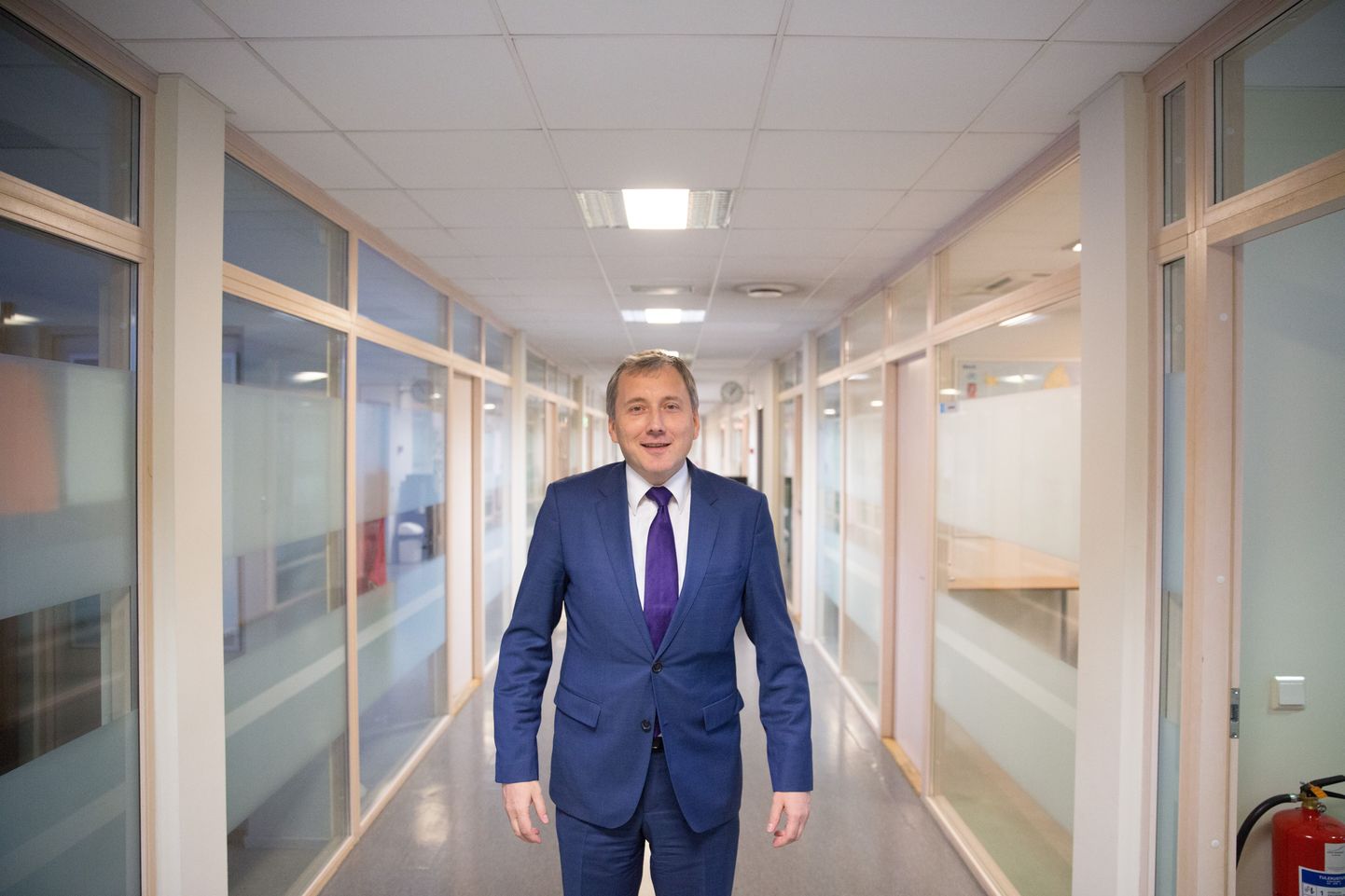
Internal audit reveals tens of millions of losses caused to company by management mistakes of former CEO Sandor Liive and his subordinates.

Internal audit reveals tens of millions of losses caused to company by management mistakes of former CEO Sandor Liive and his subordinates.
«Turns out lots of mistakes have been made in management of the Enefit 280 project, causing the oil plant to cost much more than originally planned (not €207m but €270m – edit),» said Eesti Energia audit committee member Meelis Virkebau. «This reveals that liability and control have not been up to par.»
Meanwhile, Mr Virkebau said there was no reason as based on the audit to accuse former management in ill will or corruption. As told Postimees by Sandor Liive, now almost a year away from Eesti Energia management, he has not seen the critical audit and finds it difficult therefore to comment the allegations thereof.
«Regarding the oil plant, I have been told it works well. I am surprised they now cite €270 as its cost,» said Mr Liive. «But when they speak about the increased cost of the project, what they neglect is the fact that we built a device which produced twice the amount of oil that was planned, and is therefore twice as environment-friendly.»
Enefit 280 is a complex combination of coproduction of electricity, gas and oil, thanks to which oil shale mined in Estonia is able to successfully compete even with the oil price now cheap on global market.
To build the plant, over 400 contracts were entered, with close to 250 companies engaged to fill these. Two Eesti Energia board members were involved with management and surveillance of the project: Raine Pajo at the beginning and afterwards Harri Mikk, as well as Sandor Liive till his term run out. On location at Auvere, oil plant managers were responsible for the building process: Igor Kond, and Dmitri Lipatov after his departure.
Of Eesti Energia’s foreign projects, the audit applied special scrutiny to oil shale industry planned in Utah, USA. As it is impossible in the scarcely inhabited state to enter electricity market, several experts deemed it likely for the entire investment to be written off as technological advantages of Enefit 280 can’t be used in Utah.
The audit, however, showed the Utah project in a much better light. «It proved no bonanza, but by the audit I may say the worst fears are unfounded,» admitted Mr Virkebau. «I’ve heard from outside Eesti Energia that the Utah project should be evaluated to zero, but this is hogwash based on what I know at the moment.»
The audit also reflected the fact that Eesti Energia in 2000–2014 paid a consultant Dominic Freely close to ten million euros. The same amount awaits the man if Eesti Energia manages to successfully exit the Jordanian oil shale project selling it to Chinese investors.
Namely, Mr Freely also advised YTL Power International holding 30 percent of Enefit Jordan BV established by Eesti Energia for the Jordanian project.
However, both Mr Virkebau and Eesti Energia chairman Erkki Raasuke deemed the consultant fees as reasonable.
«Let me admit the sums paid to Eesti Energia’s adviser Dominic Freely fail to make my hair stand on end – such counselling fees are the usual,» assured Mr Virkebau. «The knowhow offered by Mr Freely were simply unavailable in Estonia.»
The only thing Mr Raasuke found fault with was that no competition was held to pick the foreign consultant.
According to representatives of Eesti Energia, the audit was nothing extraordinary as in a group of such investment volumes 15 audits are performed yearly regarding various audits.
COMMENT
According to Kaarel Kuusk, communication manager at Eesti Energia, failure to arrange a competition to pick a consultant is in contradiction with the group’s current practice and principles and former CEO and board should be contacted to provide the answer to that. The consultant’s performance pay regarding the Jordanian project is linked to outcome i.e. finding the financer.